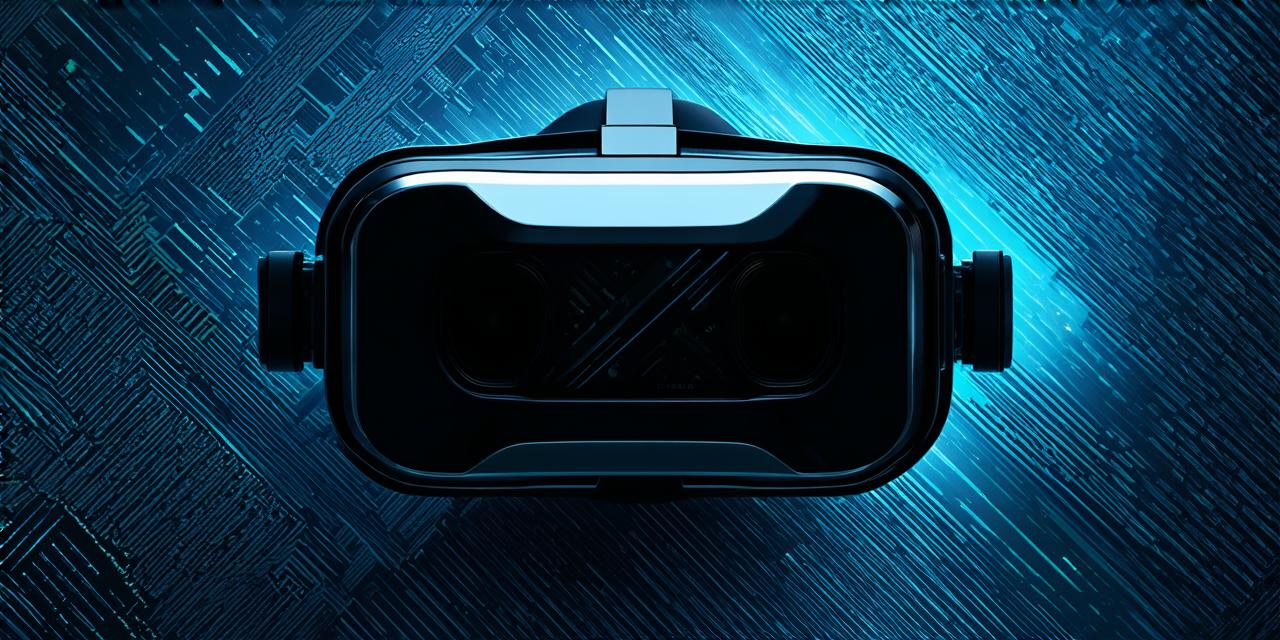
Will virtual reality replace TV?
Virtual reality (VR) technology has made significant strides in recent years and is rapidly gaining popularity. It offers an immersive experience that can transport users into a simulated environment, allowing them to interact with the virtual world around them.
However, the question arises: will VR replace TV completely? While it’s hard to predict the future with certainty, there are a few factors that suggest that VR may indeed become a popular alternative to traditional TV viewing.
One reason is the growing demand for immersive experiences. As technology advances and users become more accustomed to virtual environments, they are seeking out new ways to engage with these experiences. This includes watching movies or concerts in a VR environment, where viewers can feel like they’re part of the action.
Another factor is the rise of streaming services such as Netflix and Hulu. These platforms have made it easier for consumers to access a wide range of content on demand, leading to a decline in traditional TV viewership. With VR, users can also watch their favorite shows and movies in a more interactive way, which could attract viewers away from traditional TV.

Finally, the cost of VR equipment is rapidly declining, making it more accessible to consumers. As the technology becomes more widespread, we can expect more people to start exploring its potential uses.
That being said, while VR may become a popular alternative to traditional TV viewing, it’s unlikely to completely replace it. People still enjoy watching TV in their living rooms with friends and family, and there are certain types of content that simply don’t translate well to virtual environments. Additionally, TV continues to be a convenient and cost-effective way for people to access news, sports, and other types of live programming.
In conclusion, while VR technology is rapidly advancing and may become a popular alternative to traditional TV viewing, it’s unlikely to completely replace TV. People still enjoy watching TV in their living rooms with loved ones and there are certain types of content that simply don’t translate well to virtual environments. Ultimately, the future of TV will depend on how technology continues to evolve and how consumers choose to engage with it.

